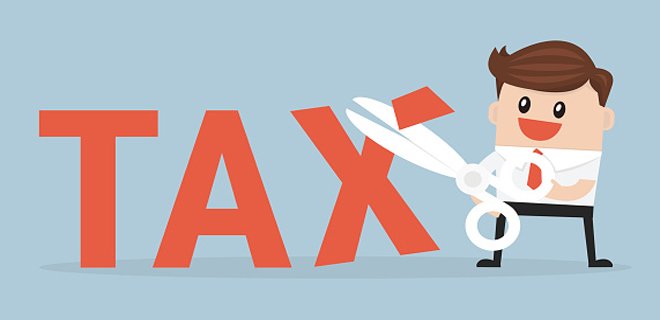What are tax-deductible super contributions?
Tax-deductible super contributions are made from your after-tax income. This income may be from a variety of sources such as your take-home pay, savings, an inheritance or from the sale of assets.
Whatever the source, you can make a payment to your super fund from your bank account either as a one-off payment or a periodic direct debit.
Who can make tax-deductible super contributions?
There was a time when the only people who could claim a tax deduction for super contributions were self-employed (defined in super legislation as earning less than 10% of their income from salary or wages).
But thanks to changes in super legislation on 1 July 2017, more Australians are now able to make voluntarily tax-deductible, concessional super contributions.
If you are self-employed you can still make voluntarily tax-deductible, concessional super contributions, but now you’re also eligible if you:
- Earn salary or wages as an employee
- Earn investment income
- Receive a government pension or allowance
- Receive a partnership or trust distribution
- Earn income from foreign sources
- Earn superannuation income.
To be eligible to claim a tax deduction for your super contributions you must also:
- Be aged under 75
- Meet the work test if you’re aged between 65 and 74
- Not use the contribution to help fund an existing super income stream or pension
- Not be splitting the contribution with your spouse (married or de facto)
- Not make the contribution to an untaxed super fund or a Commonwealth public sector defined benefit fund.
What do I need to do to claim a tax deduction on a super contribution?
If you’d like to benefit from a tax deduction on your personal after-tax super contributions, you’ll need to:
Make an after-tax contribution to your super
The amount you choose to contribute is up to you, but remember you cannot contribute more than $25,000 per year under the concessional contributions cap – or penalties will apply. If you’re an AMP super customer, you can set up notifications in My AMP to let you know when you’re nearing your limit.
Lodge a form with your super fund
You’ll need to lodge a notice of intent form with your super fund, which your super fund will acknowledge in writing.
Also note, you shouldn’t make any withdrawals or start drawing a pension from your super before your notice of intent form has been lodged with your super fund.
Are there other things that I should keep in mind?
How much can I claim?
If you’re claiming a tax deduction for an after-tax super contribution, the contribution will count towards your concessional contributions cap ($25,000 per year). If you exceed this, penalties will apply.
From 1 July 2019, your concessional contribution cap may be higher than $25,000 if you’re eligible to use unused concessional contribution cap amounts that you have carried forward from previous years.
Unused concessional cap carry forward
| Description | 2017–18 | 2018–19 | 2019–20 | 2020–21 | 2021–22 |
| General contributions cap | $25,000 | $25,000 | $25,000 | $25,000 | $25,000 |
| Total unused available cap accrued | Not applicable | $0 | $22,000 | $44,000 | $69,000 |
| Maximum cap available | $25,000 | $25,000 | $47,000 | $25,000 | $94,000 |
| Superannuation balance 30 June prior year | Not applicable | $480,000 | $490,000 | $505,000 | $490,000 |
| Concessional contributions | nil | $3,000 | $3,000 | nil | nil |
| Unused concessional cap amount accrued in the relevant financial year | $0 | $22,000 | $22,000 | $25,000 | $25,000 |
It’s also important to note that personal tax-deductible contributions are not the only contributions that count toward this cap. Other contributions include:
- Compulsory contributions paid by your employer under the Superannuation Guarantee
- Contributions from any other jobs you may have held in the same financial year
- Salary sacrifice contributions
- Notional taxed contributions if you’re a member of a defined benefit fund.
Do you think you are qualify for tax-deductible super contribution? Call BOA & Co. accountants in Chatswood on 02 9904 7886 and our specialists will be pleased to assist you.
Article Author:


